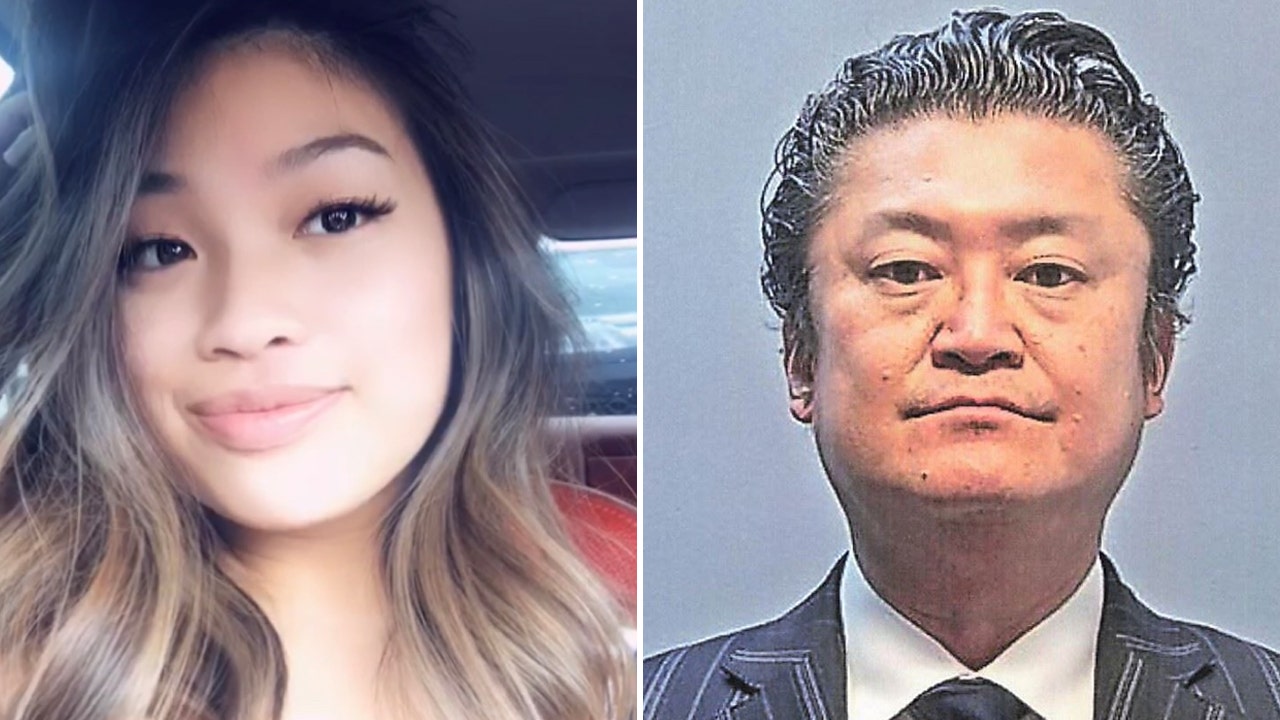I couldn't agree with you more.
The midlevels have completely bastardized the field of anesthesia (with CRNAs and AAs). Now MD anesthesiologists have to leverage their license to run as many rooms as possible, while leaving their patients in the hands of a CRNA or even worse, an AA. All so they can bill patients and their insurance for multiple anesthetic deliveries simultaneously. This maximizes production for the anesthesiologist and hospital.
This problem has also made its way throughout medicine, not just anesthesia. For example look at MD surgeons.

www.surgicalassistant.org
College Education Responsive Template

www.caahep.org
With midlevels, medicine has changed. MD surgeons are pressured to operate multiple surgeries simultaneously, running multiple operating rooms at the same time. Cardiothoracic surgeons, neurosurgeons, orthopaedic surgeons etc, all run multiple operating rooms at once, getting surgical assistants/mid levels to essentially perform the entire procedure themselves.
You read that correctly - if you need surgery in the US, the surgeon that you thought was performing the procedure didn't actually do it - he/she was running multiple operating rooms and a surgical assistant (mid level - someone with 2 years or less of training post bachelors degree) may have actually did the majority or entire procedure themselves.
OMFS and dentistry has kept themselves safe from midlevels up until now. Adding CRNAs will not make our anesthesia and surgical delivery in OMFS any safer.
We have the data and evidence that proves our model is safe and effective, and our anesthesia complication rate is incredibly small.
It has been this way for the past >90 years. We didn't start doing this yesterday.


